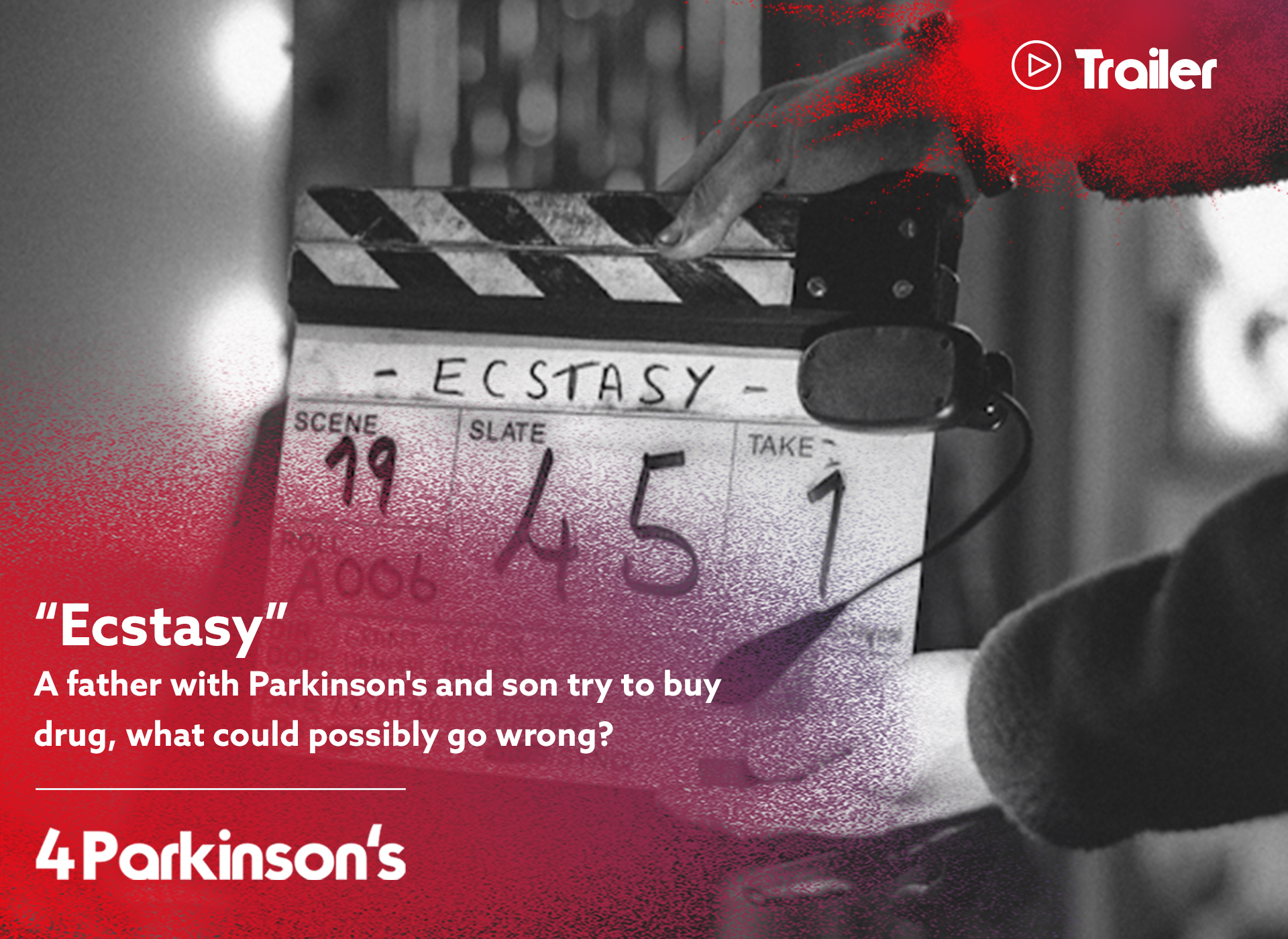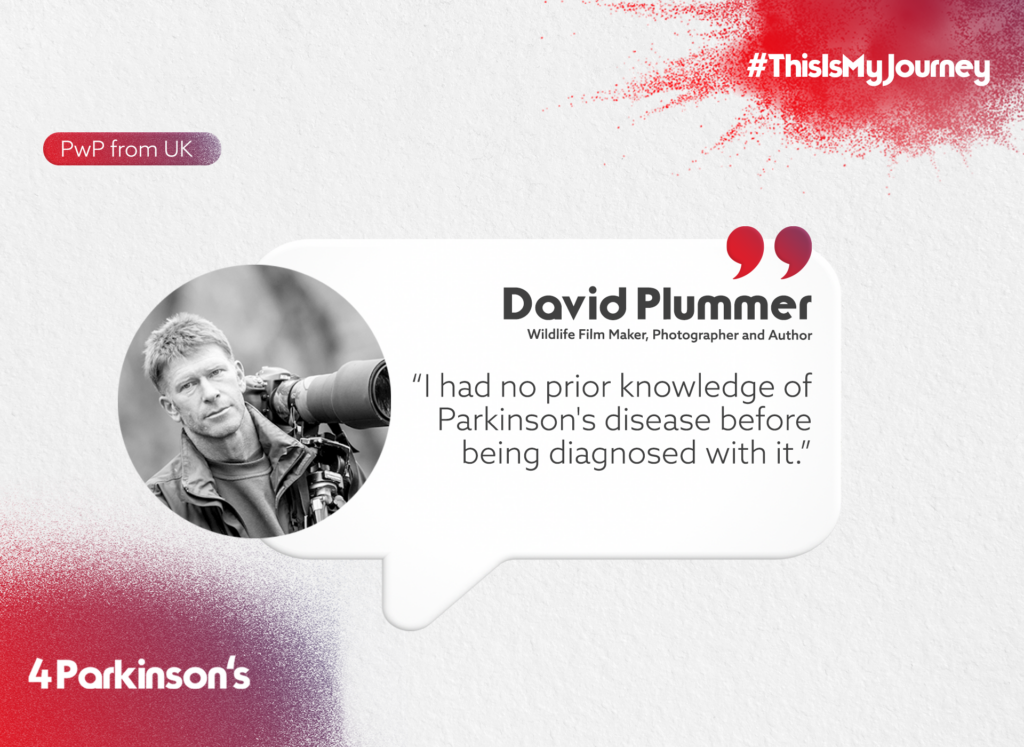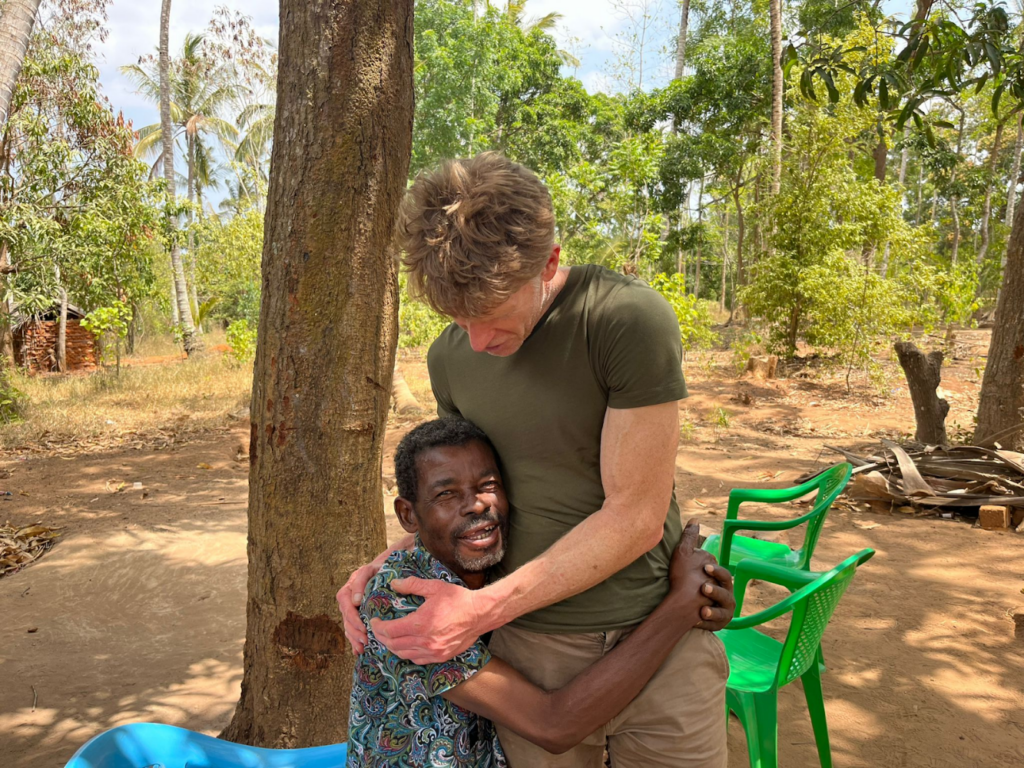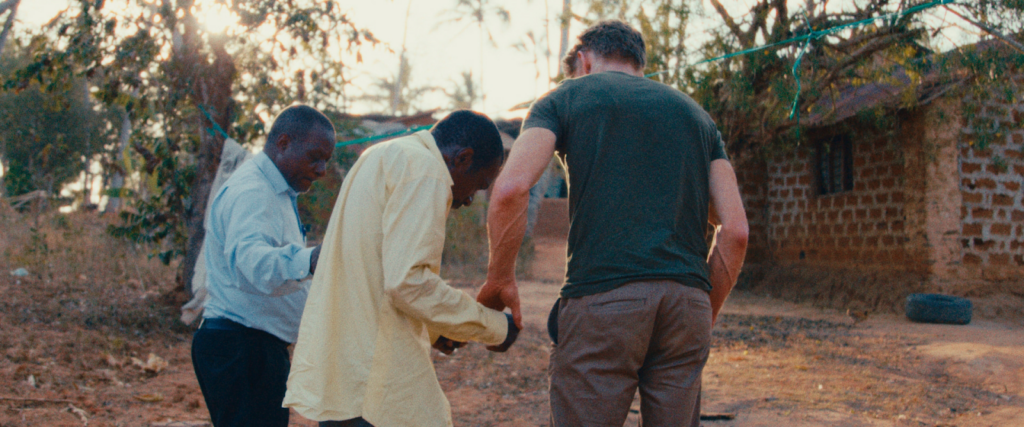

Can you share your initial thoughts and feelings after watching the film? What were your impressions and emotions as you experienced it?
After watching the film, it came together quite nicely. It's worth noting that I had already lived through these experiences. The process of actually creating the film had a significant mental impact on me. Dealing not only with the brutal murders but also some of the statements made by the carers was exceptionally challenging. Returning to the footage was demanding until it was fully assembled. Why? It brought up too many memories for me.
The film highlights the challenges faced by Parkinson's patients in Kenya, including stigma and limited access to medical care. How did these experiences impact you, and what motivated you to share these stories?
I believe Parkinson's is not yet fully understood, but it can be effectively managed for approximately 15 to 20 years and at a relatively low cost, primarily through the availability of levodopa. Additionally, there are other potential solutions and medications, which I hope your company is working on. I see technology as a promising avenue, although I don't anticipate a definitive cure for Parkinson's shortly. However, I do believe that more advanced and practical solutions will emerge. For instance, utilising technology such as your watch application to detect tremors is a step in the right direction. It's conceivable that this could be further developed to actively mitigate tremors, perhaps through the use of electrical impulses or a similar method. While this may seem a bit like science fiction, I find it almost empowering to think that there's nothing inherently flawed with my body. It simply means finding ways to make life a bit more manageable.

Your goal with this documentary is to raise awareness about the difficulties Parkinson's patients face in Kenya. What actions can address these issues, and how can people contribute to this cause?
When raising awareness, I focus on something other than garnering public attention. Instead, I aim to draw the attention of heads of state and individuals in positions of authority within high-level governmental organisations such as the United Nations, the World Health Organization, and the respective governments of the nations affected by these challenges. I have yet to embark on this endeavour solely to report and share this story. My objective isn't just to heighten awareness; I am driven to find a solution.
"Shaking Hands with the Devil" aims to change perceptions about Parkinson's and increase access to medication. How do you envision the impact of the documentary, and what do you hope it will achieve?
Firstly, belief systems need to be changed so that PwP is not being brutally murdered. In addition to preventing horrific events and murders, I believe implementing local medical procedures can be relatively straightforward. The challenge lies in rural districts, but if people are informed about their condition, they'll know what to seek. I had no prior knowledge of Parkinson's disease before being diagnosed.

And, of course, some of the individuals we spoke to were unaware of their condition as well. A model for implementing a local and rural medication distribution system can be established. This would be a significant achievement arising from this initiative.

Join our community in spreading hope and strength. Tell us your unique journey with Parkinson's to uplift and empower others.